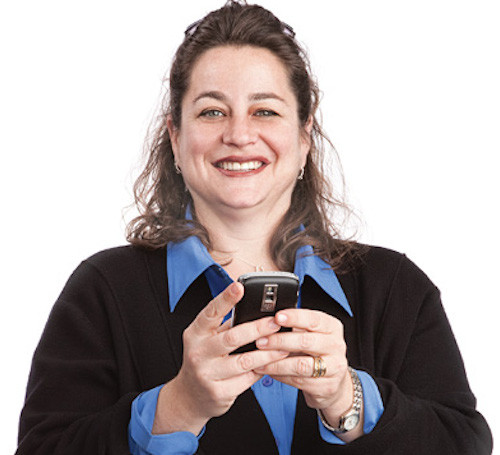Before she was elected to the Austin City Council last fall, the only office Randi Shade had ever run for was student body president at the University of Texas. She’s two for two. Shade grew up in Dallas and came to Austin where she earned her degree from UT in 1984. She says if she could have stayed after college she would have, but it was hard to find a job outside of the university or state government in the mid-1980s.
So Shade went off to work in corporate America and along the way attended Harvard Business school – always with the intention of ending up back in Austin. She got the chance in 1992 when then-Governor Ann Richards recruited her back to be the first executive director of the Texas arm of AmeriCorps. After a few more gigs, Shade launched a technology company in 1999 and sold it in 2005. About that time, she and partner Kayla Shell had their son. Shade was a stay-at-home mom for several years, but during that time she took a life-changing course at the Aspen Institute on using one’s background and skill set for the public good.
“I had always had an interest in politics and was active in the community,” she says. “But I was an armchair quarterback. What the class instilled in me was a sense of how could I take it to the next level and really do something service-oriented.”
Shade says the mentor who urged her to take the class probably envisioned her doing something grand, launching a global nonprofit or some such thing. But “what’s important to me is the park next to my house,” she says. “To be meaningful to me, it had to be something local.”
Having been a leader in for-profit businesses, nonprofits and government, Shade reasoned she would bring a unique perspective to the city council. Voters agreed and elected her in May 2009 as Austin’s first openly gay council member.
“One of the greatest things about Austin is the openness and the easy embrace of the LGBT community,” Shade says. “The fact that LGBT people can look at the council and know that they’re rep- resented is a great thing. And because I’m a pub lic figure, I can set an example for those who question if gay people can contribute positively to society.”
But while Austin is much more progressive than many other cit ies, discrimination and lack of understanding remain. “I list my partner and what she does and our two children on my Web site and they were in all my campaign literature because I’ve never been anything but open about who I am. There were phone calls, people can be pretty mean. They will criticize you for everything they can when you’re in public office.”
But Shade has bigger things to worry about than narrow-mindedness. One of her main goals – particuarly as Austin tries to recover from the recession – is to focus on economic development and what it will take to keep and recruit businesses to Austin. “As we think about how our city is going to grow, the fact that Austin is so gay friendly I believe will help us in our efforts to recruit the creative industries like digital media and film that will be our bright spots.” She’s also made the drive to create a renew able energy hub and improvements to local parks focal points of her agenda. “Ninety percent of Austinites use our parks – this is something that’s important to virtually everyone in our community.”
Shade says she’s driven to do whatever she can while at city hall to ensure Austin has the best-man- aged city possible. “Any way that we can make it all work better, that’s a good thing.”




































